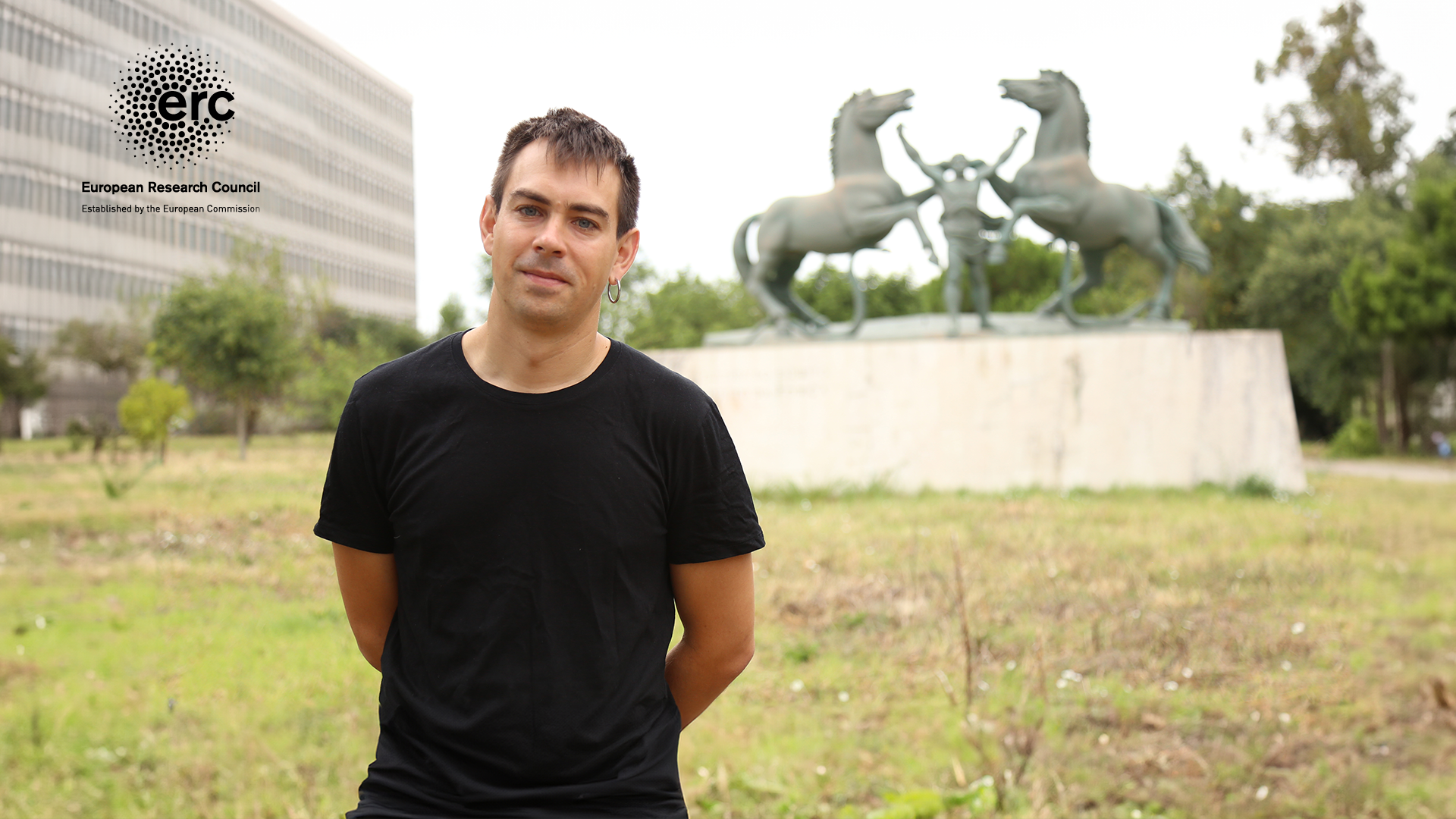The European Research Council (ERC) grant, worth 1.5 million euros, has been awarded to Arturo Zoffman of the Institute of Contemporary History (IHC) at NOVA FCSH.
One of the main questions addressed will be how dictatorial tendencies emerged within democratic states themselves, analysing in particular how the use of states of emergency undermined democratic practices and strengthened the power of the state’s repressive apparatus, including the police and the army.
This is the first time that these issues have been analysed from a historical perspective, usually from a legal perspective.
The project will emphasise a social-historical perspective that seeks to understand the impact of the declaration of states of siege and emergency on local communities, such as neighbourhoods and villages, in addition to the institutional impact.
In the Portuguese case, the research will focus on the final period of the First Republic, the rise of the Estado Novo and how António de Oliveira Salazar used democratic means to consolidate his regime.
This is the sixth NOVA FCSH project to receive an ERC grant, totalling around 8.5 million euros, reinforcing the institution’s position as a reference for excellent research at international level.
Arturo Zoffmann Rodriguez, born on 4 November 1991 in Spain, is a researcher at the Institute of Contemporary History (IHC) of NOVA FCSH.
His research project at the IHC focuses on the history of extreme right-wing trade unions in Southern Europe in the inter-war period.
Previously, he worked at the National Autonomous University of Mexico (UNAM), where he developed a postdoctoral project on the links between the Mexican and Russian revolutions.
In 2019, he completed his PhD at the European University Institute in Florence. His thesis focused on the impact of the Russian Revolution on the Spanish anarchist movement.
Since 2007, NOVA University Lisbon has received a total of 36 ERC grants for projects in a wide range of research areas.

